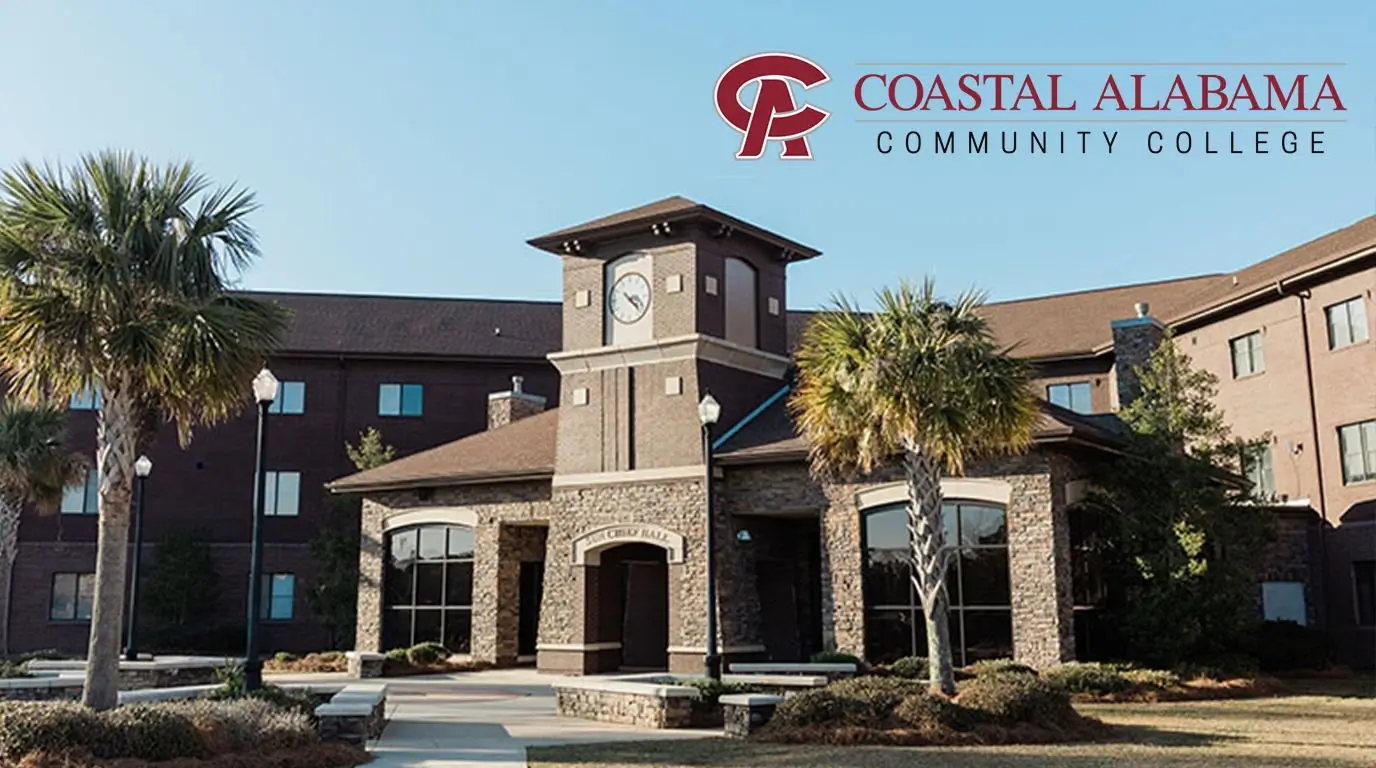Becoming a Paralegal in Hawaii – Your State-Specific Guide
Hey there! Ever wondered if you could dive into the legal world in Hawaii without spending years in law school? Becoming a paralegal in Hawaii might just be your ticket. Picture this: you’re assisting attorneys in bustling Honolulu law firms or supporting legal teams on cases tied to the islands’ unique mix of tourism and military industries—all without needing that JD. It’s a career that’s growing, rewarding, and, frankly, pretty darn achievable if you know the steps. As someone who’s spent years navigating legal career paths and optimizing content for folks just like you, I’m here to break it down. This guide is your roadmap—specific to Hawaii—covering everything from education to job prospects. Let’s get started.
Paralegal Definition and Regulation in Hawaii
So, what exactly is a paralegal in Hawaii? It’s a fair question. Unlike attorneys, Hawaii doesn’t slap a strict legal definition on the term “paralegal” or “legal assistant” in its statutes. Instead, the state leans on a practical understanding: paralegals are the backbone of legal teams, handling research, drafting documents, and keeping cases on track under an attorney’s supervision. The Hawaii Supreme Court and the Hawaii State Bar haven’t set a formal definition, but they’ve made it clear through Rule 5.3 of the Hawaii Rules of Professional Conduct that paralegals must work directly under a licensed lawyer, who’s accountable for their work. It’s less about a title and more about the role you play.
Now, regulations? Don’t expect a thick rulebook here. Hawaii doesn’t mandate licenses or state-specific certifications for paralegals. You won’t find a “Hawaii Paralegal License” to chase after—because it doesn’t exist. That said, ethical guidelines still apply. Since you’re working under an attorney, their professional standards trickle down to you. Think confidentiality, competence, and not overstepping into practicing law (that’s a big no-no). Some states toy with regulating paralegals, but Hawaii’s kept it loose, leaving it to employers and national credentials to set the bar.
- Key Takeaway: No formal definition or state licensing in Hawaii—just work under an attorney and follow ethical expectations.
Education Requirements and Recommended Programs in Hawaii
Alright, let’s talk schooling. Does Hawaii demand a specific degree to become a paralegal? Nope, not legally. You could technically land a gig with no formal education if a law firm’s willing to train you on the job. But here’s the reality: most employers in Hawaii—especially in competitive spots like Honolulu—want to see some kind of paralegal education. It’s not just about checking a box; it’s about proving you’ve got the skills to handle legal research, write killer briefs, and keep up with fast-paced caseloads.
What’s the sweet spot? An Associate’s degree in paralegal studies is a solid start—two years, practical, and widely accepted. A Bachelor’s ups your game, especially if you’re eyeing bigger firms or corporate gigs. Certificates are another route, perfect if you’ve already got a degree in something else or just want a quick pivot into the field. A lot of Hawaii employers nod approvingly at programs approved by the American Bar Association, since they signal quality training. Lucky for you, Hawaii’s got options.
Recommended Paralegal Education Programs in Hawaii
Here’s where to look if you’re serious about this:
- Kapi‘olani Community College – Based in Honolulu, this is the big one. They offer an ABA-approved Associate of Science in Paralegal Studies (60 credits) and a Certificate of Achievement (27 credits) for post-baccalaureate folks. Evening classes and a 120-hour internship make it a standout for hands-on learning.
- University of Hawaii at Manoa – No full-on paralegal degree here, but their Pacific-Asian Legal Studies (PALS) Graduate Certificate pairs nicely with paralegal work if you’re into international or Hawaiian law. It’s a niche add-on for advanced learners.
- Hawaii Community College – They partner with the Center for Legal Studies for an online Paralegal Certificate Course. It’s flexible and great if you’re on the Big Island or juggling a busy life.
Online Paralegal Programs for Hawaii Residents
Not near a campus? No sweat. Online programs are a godsend for Hawaii residents, especially if you’re on a neighbor island or balancing work and family. Schools like Liberty University or Purdue Global offer paralegal certificates and degrees you can tackle from anywhere with Wi-Fi. They’re not Hawaii-specific, but they’re respected and give you flexibility—key when you’re dodging tourist traffic or chasing sunsets.
- Key Takeaways:
- No mandatory education, but an Associate’s or Certificate is the practical minimum.
- ABA-approved programs like Kapi‘olani’s give you an edge.
- Online options work if you need flexibility or live outside Oahu.
Paralegal Certification and Credentials in Hawaii
Here’s where people get tripped up: certification. Is it required in Hawaii? Nope, not by the state. There’s no Hawaii-specific paralegal certification you have to get. You could start working tomorrow without a single credential if someone hires you. But—and this is a big but—national certifications can seriously boost your odds in the job market.
Nationally Recognized Certifications Relevant in Hawaii
Two heavy hitters stand out:
- NALA’s Certified Paralegal (CP) – Offered by the National Association of Legal Assistants (NALA), this is the gold standard. Pass the exam, and you’re a CP—recognized nationwide, including Hawaii. It shows you’ve mastered legal basics and specialized skills.
- NFPA’s CORE Registered Paralegal (CRP) – The National Federation of Paralegal Associations offers this one. It’s less common than the CP but still respected, focusing on core competencies like research and ethics.
Benefits of Certification in Hawaii
Why bother? In a state like Hawaii, where tourism and military bases drive a chunk of legal work, standing out matters. Certification tells employers you’re serious—think higher starting pay (maybe $5K-$10K more annually), better shot at law firm jobs in Hawaii, and a leg up for promotions. Plus, it’s portable if you ever leave the islands. I’ve seen paralegals with a CP land gigs at top Honolulu firms over equally qualified folks without it. It’s not just a piece of paper; it’s a signal.
- Key Takeaways:
- No state certification required in Hawaii.
- National creds like NALA’s CP or NFPA’s CRP can elevate your resume.
- Expect better pay and job prospects with certification.
Paralegal Associations in Hawaii
Networking’s huge in a tight-knit place like Hawaii, and paralegal associations are your in. They’re not just for schmoozing—they’ve got job boards, workshops, and insider tips you won’t find on Google.
State-Level Paralegal Associations in Hawaii
- Hawaii Paralegal Association (HPA) – Founded in 1978, this Honolulu-based group is all about supporting paralegals with education and advocacy. They’re tied to the NFPA, so you get national perks too.
- Hawaii Legal Support Professionals (HLSP) – Affiliated with NALS, this one’s broader, covering paralegals and legal assistants. It’s big on CLE and networking, especially in Honolulu.
Benefits of Joining a Paralegal Association in Hawaii
Joining means events where you’ll meet attorneys and paralegals who can tip you off to openings. HPA’s seminars keep your skills sharp, and HLSP’s job board is gold for finding law firm jobs in Hawaii. I’ve known folks who landed their first gig through a casual chat at an HPA mixer. Plus, you’ll stay in the loop on local legal trends—think land use or environmental law, big deals here.
- Key Takeaways:
- HPA and HLSP are your go-to associations in Hawaii.
- Networking, CLE, and job leads make them worth the dues.
Job Market Outlook and Salary for Paralegals in Hawaii
Let’s talk jobs and cash—because that’s why you’re here, right? The paralegal career outlook in Hawaii is solid, fueled by a steady need for legal support in tourism, real estate, and government sectors.
Current Job Market for Paralegals in Hawaii
The Bureau of Labor Statistics (BLS) pegged Hawaii at 1,150 paralegal jobs in 2023, mostly clustered in Honolulu. That’s not huge compared to mainland states, but it’s a tight market with opportunity if you’ve got the chops. Law firms like Carlsmith Ball and corporate players like Hawaiian Electric are always hunting for talent. Smaller islands like Maui or Kauai have fewer gigs, but tourism-related firms there still need help.
Average Paralegal Salary in Hawaii
Money-wise, you’re looking at decent pay. BLS data from May 2023 shows an average annual salary of $64,250 for paralegals in Hawaii—above the national average of $60,970. Entry-level might start around $40K-$50K, but with experience or a specialty (say, real estate law), you could hit $70K-$80K. Honolulu pays best due to demand and cost of living, while rural areas might dip lower. Check out more on paralegal salaries for a deeper dive.
Job Growth Projections for Paralegals in Hawaii
Growth looks promising. BLS projects a 9.6% national increase for paralegals from 2022-2032, and Hawaii’s tracking close to that—around 4%-10%, depending on who you ask. That’s 100-140 openings yearly, counting replacements. Specializing in hot areas like environmental law could give you an edge. Curious about trends? Peek at job market for paralegals.
- Key Takeaways:
- 1,150 paralegal jobs in 2023, mostly in Honolulu.
- Average salary: $64,250, with room to grow.
- Growth projected at 4%-10% through 2032.
Key Takeaways: Steps to Becoming a Paralegal in Hawaii
Ready to jump in? Here’s your game plan:
- Research paralegal education programs in Hawaii—start with Kapi‘olani or online options.
- Pick your path: Associate’s, Bachelor’s, or Certificate.
- Go for ABA-approved programs if you can—they carry weight.
- Boost your cred with national certifications like NALA’s CP.
- Join HPA or HLSP to network and snag job leads.
- Hit the ground running—search for law firm jobs in Hawaii or corporate roles.
There you have it—a no-BS guide to becoming a paralegal in Hawaii. It’s not rocket science, but it takes some hustle. Got questions or want to swap stories? Drop a comment below—I’d love to hear where you’re at. For more on what a paralegal does, check out that link. Aloha, and good luck out there!




